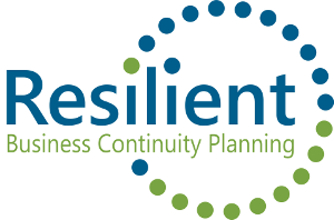 - Business continuity achieves various things for organizations, with the degree of success dependent on the amount of effort, skill, resources and commitment provided by the organization. There are a number of outcomes in every business continuity program which are specific to the organization in question, but the following are outcomes which should be achieved by every organization which takes business continuity seriously. - Business continuity achieves various things for organizations, with the degree of success dependent on the amount of effort, skill, resources and commitment provided by the organization. There are a number of outcomes in every business continuity program which are specific to the organization in question, but the following are outcomes which should be achieved by every organization which takes business continuity seriously. |
|
Deep and clear understanding of the organization
The processes involved in developing the initial business continuity plan and then maintaining and managing it result in a clear overview of the organization; its structures, dependencies, suppliers and stakeholders. This information is essential for business continuity management and assists in planning and strategies in other areas of organizational development and management. |
Proactive measures
Proactive measures are designed for the prevention of interruptions to organizational activities. The essence of good business continuity management is the identification and implementation of measures which can proactively prevent operational interruptions and prevent crises and disasters. Business continuity management, at its highest level, is about keeping organizations operating at maximum capability. |
|
Culture change
Business continuity management programs involve an exploration of organizational culture. Effective programs will use change management techniques to ensure the organization encourages a culture where all employees are aware of everyday risks and their responsibility to report, manage and mitigate risk. |
Reactive measures
Reactive measures are designed to recover from interruptions. Business continuity management programs include plans for reactive measures to be taken should the proactive measures fail, become overwhelmed, or are bypassed by unforeseen and unexpected crisis. Reactive measures enable the organization to return to an acceptable level of operations within a desired time following an interruption, disaster or crisis. |
 - Business continuity achieves various things for organizations, with the degree of success dependent on the amount of effort, skill, resources and commitment provided by the organization. There are a number of outcomes in every business continuity program which are specific to the organization in question, but the following are outcomes which should be achieved by every organization which takes business continuity seriously.
- Business continuity achieves various things for organizations, with the degree of success dependent on the amount of effort, skill, resources and commitment provided by the organization. There are a number of outcomes in every business continuity program which are specific to the organization in question, but the following are outcomes which should be achieved by every organization which takes business continuity seriously.